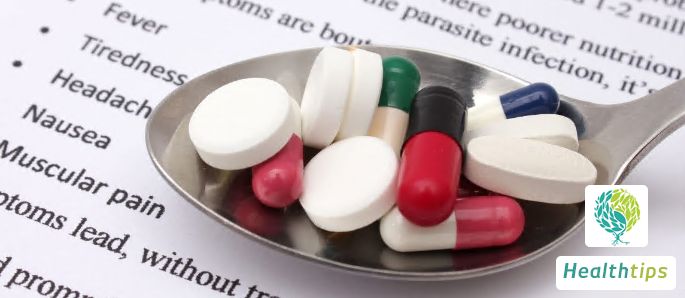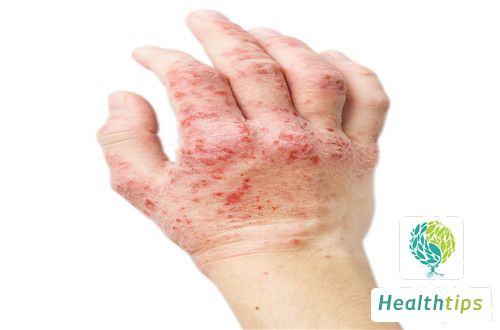What Symptoms Can Be Caused by Chemotherapy?
During chemotherapy, patients may experience some discomforting symptoms, and it is necessary to pay special attention to changes in the body. Common adverse reactions include bone marrow suppression, nausea, vomiting and other gastrointestinal reactions, hair loss, decreased immune function, and other symptoms. Therefore, during chemotherapy, relevant examinations should be carried out to detect adverse reactions early and provide clinical treatment to achieve better treatment outcomes.

Bone marrow suppression is the most common adverse reaction and dose-limiting toxicity of most cytotoxic antitumor drugs. Chemotherapy drugs can induce apoptosis of hematopoietic cells with vigorous division in the bone marrow, mainly including the decrease in the number of white blood cells, platelets, and red blood cells.
Gastrointestinal reactions are the most common toxic and side effects. Chemotherapy drugs can stimulate the gastrointestinal tract or the vomiting center of the brain, leading to nausea and vomiting. Direct damage and secondary infection to the mucosal cells of the mouth with vigorous cell division can cause oral mucositis. Acute injury to the intestinal mucosa can lead to an imbalance in intestinal absorption and secretion, causing diarrhea.
Chemotherapy drugs can damage the proliferating hair follicle cells, leading to temporary or permanent hair loss. Hair loss can occur within a few days to weeks after chemotherapy.
Chemotherapy drugs can cause cardiac toxicity and liver toxicity, damaging the patient's immune system and leading to decreased immune function, making them more susceptible to infectious diseases than healthy individuals. If the lesion is sensitive to chemotherapy, it can be reflected in the reduction of the lesion size, and clinical symptoms such as pain and abdominal distension in patients will also be significantly alleviated. Of course, while achieving better treatment outcomes, corresponding adverse reactions may also occur. If the above adverse reactions are severe, analgesics, antiemetics, and other drugs can be used for symptomatic treatment as directed by the doctor.



















